Pennsylvania’s Voters Are Concerned About Climate Change
5:52 minutes
 This article is part of The State of Science, a series featuring science stories from public radio stations across the United States. StateImpact Pennsylvania’s Rachel McDevitt produced this story as part of the America Amplified initiative using community engagement to inform and strengthen local, regional and national journalism. WITF and StateImpact Pennsylvania are part of America Amplified, a public media initiative funded by the Corporation for Public Broadcasting.
This article is part of The State of Science, a series featuring science stories from public radio stations across the United States. StateImpact Pennsylvania’s Rachel McDevitt produced this story as part of the America Amplified initiative using community engagement to inform and strengthen local, regional and national journalism. WITF and StateImpact Pennsylvania are part of America Amplified, a public media initiative funded by the Corporation for Public Broadcasting.
The November election will likely have big consequences for climate policy in the United States.
It comes at a critical time. Scientists say major action is needed by 2030 to avoid the worst effects of global warming.
President Donald Trump does not have a climate policy. His administration has rolled back Obama-era climate initiatives.
Democratic presidential candidate Joe Biden is promising to put the country on a path toward a 100% clean energy economy and net-zero emissions from the U.S. no later than 2050.
Polls show about 70% of Pennsylvanians want their state lawmakers to do more to address climate change. But polls rarely carry examples of what actions people want.
A recent StateImpact survey shows Pennsylvanians want a lot — from state and federal lawmakers.
The one-question survey attracted responses from more than 200 people, who asked for everything from specific policy proposals such as Pennsylvania’s entrance into the Regional Greenhouse Gas Initiative (RGGI) and the Green New Deal, to desperate pleas such as “listen to science!!!!!!!!!!!!!!!!!!!!”
Most answers focused on shifting to cleaner energy through mandates and incentives, and tighter restrictions on pollution. Others called for a ban on fracking, a single-use plastic tax or prohibition, more electric vehicles and public transportation, and job retraining for fossil fuel workers.
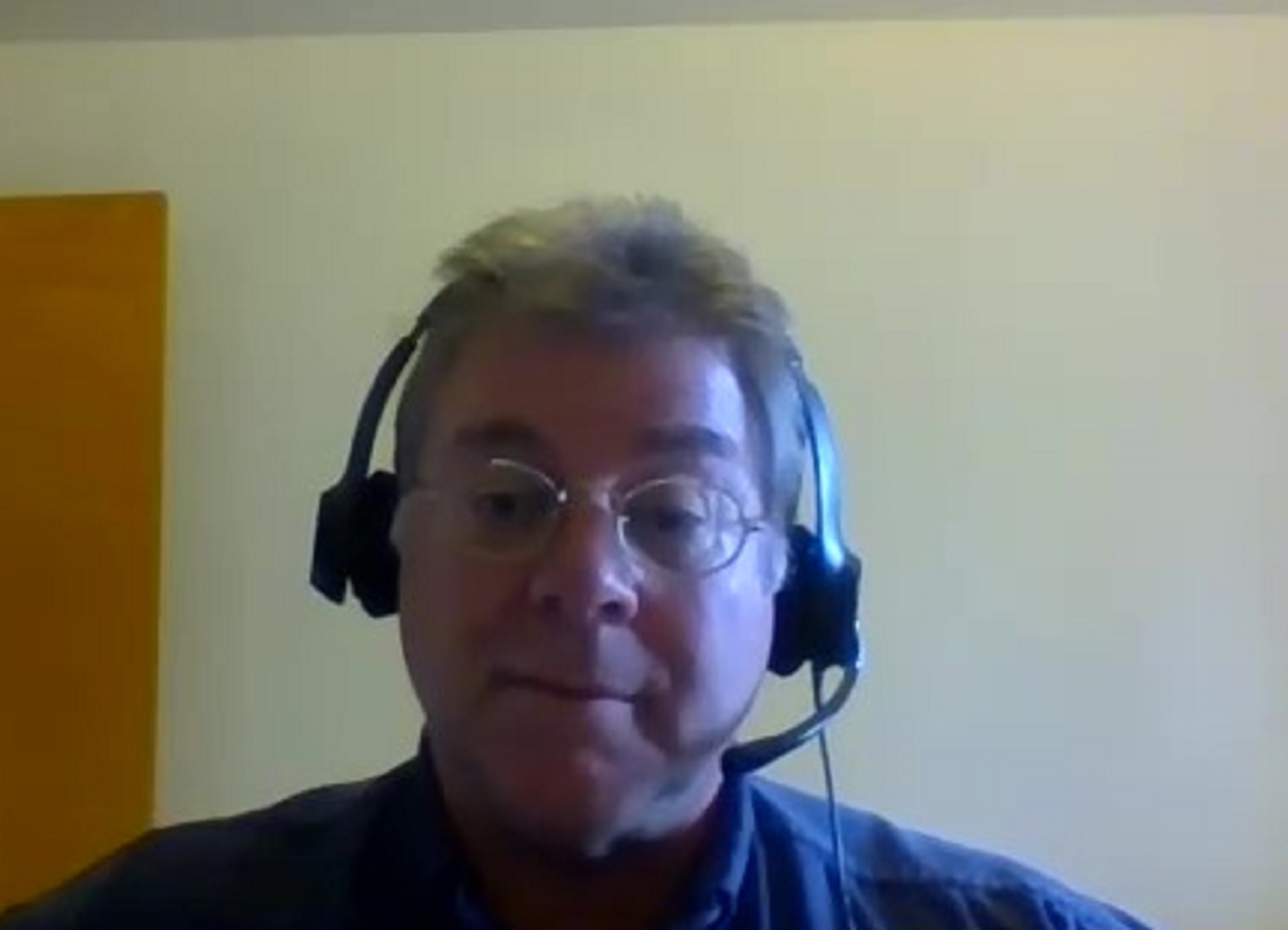
Neal Clements, an electrical engineer who lives in the Pittsburgh suburbs, said he wants to see a complete conversion from fossil fuels to renewable energy within the next five years.
He acknowledged that’s unlikely, but said, “I’d be happy just to see us keeping up with the rest of the world.”
Clements sees a future of electric cars, solar cells on homes, and better battery storage, powered by low-interest loans from the federal government as well as incentives to develop manufacturing infrastructure for alternative energy systems.
Clements has two grown children and said he worries they’re going to end up with a planet that’s unpleasant, difficult, or impossible to live on.
He wishes more people would view tackling climate change as looking out for their kids.
Leaving a livable planet for future generations was another common thread in StateImpact’s survey answers.
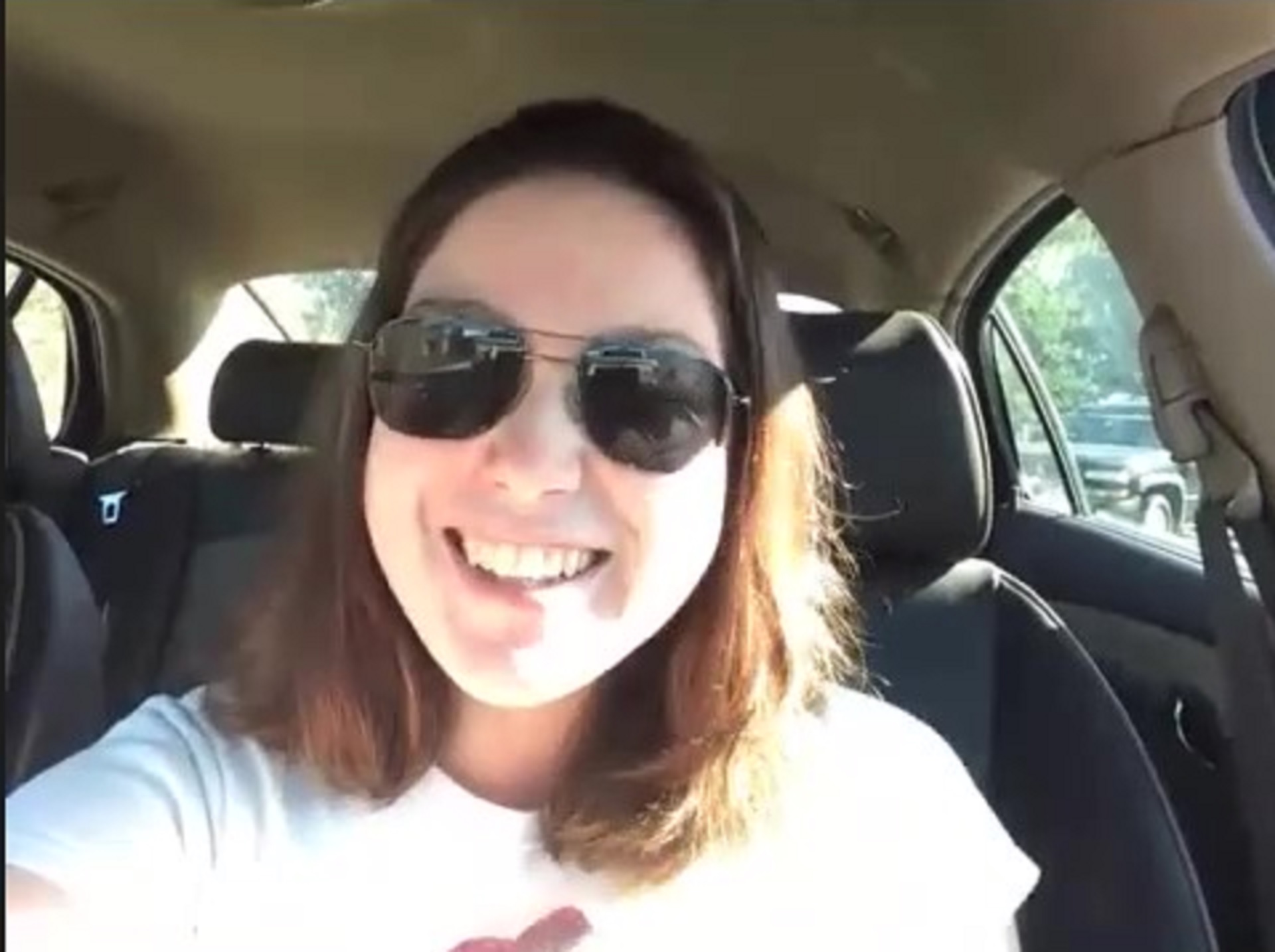
“I think I’ve always cared about climate, but I think I feel it more deeply in my bones now than before I became a mother,” said Darcie Milazzo, mom to two boys, ages 7 and 10.
She wants strong steps from state lawmakers to regulate polluters and ensure clean air and water.
The Department of Environmental Protection has fined some large polluters and recently even moved to shut down a plant with a history of environmental violations.
Yet in natural gas-rich Pennsylvania, critics say the Wolf Administration has been too slow to regulate the potent greenhouse gas methane. This summer, the legislature passed and the governor signed a tax incentive for manufacturers to use natural gas until 2050. Pennsylvania’s renewable energy standards lag behind neighboring states.
Republicans who control the legislature are fighting the governor’s effort to join RGGI, a 10-state effort to curb emissions from power plants. They argue jobs, not the environment, should come first.
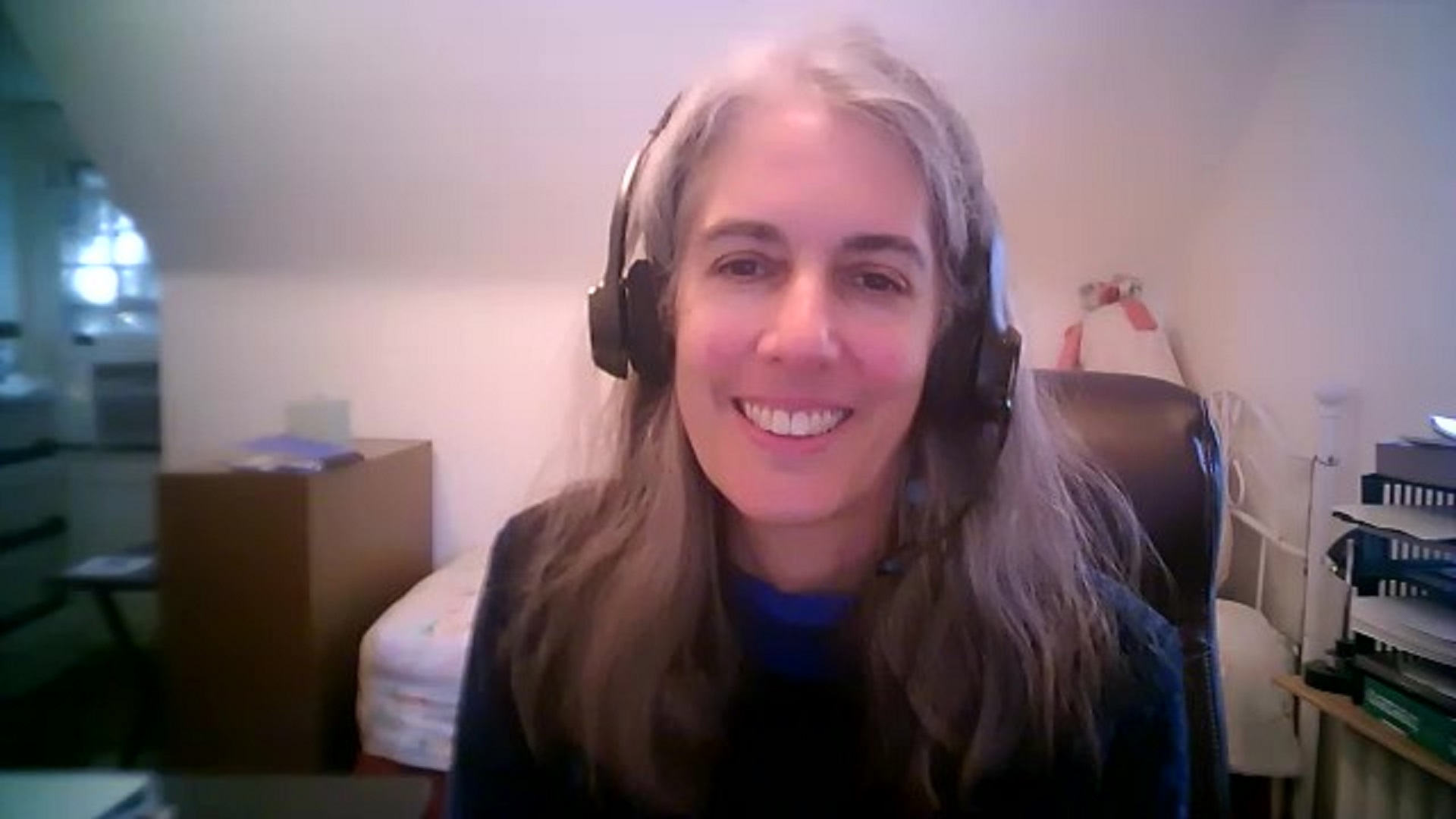
Milazzo, who runs a leadership development and coaching firm from her home in Allegheny County, said she sees the environment as linked to people’s physical health and the health of the economy.
“You can’t create a thriving economy in 2020 if you are not also caring for the environment,” she said.
Debby Luquette, a retired biology professor in Adams County, also sees business opportunities in transitioning away from fossil fuels.
She’d like the state to set up “green empowerment zones” to encourage new businesses, and to retrain coal and gas workers.
She doesn’t expect the country to end reliance on fossil fuels all at once, but said we can diversify now to prepare for when they aren’t available.
“I think I’ve always cared about climate, but I think I feel it more deeply in my bones now than before I became a mother.”
– Darcie Milazzo
Jacob Griffith-Rosenberger, who recently graduated from the University of Pittsburgh with a masters degree in library and information science, supports the Green New Deal framework, which aims for a jobs guarantee in clean energy industries. He said there seems to be a lot of scaremongering that a shift to clean energy means jobs losses.
“A solution to that kind of scaremongering is saying, ‘OK sure, we’re going to lose jobs associated with coal and fracking and natural gas, but we’re going to gain all of these jobs working on renewable energy,’” he said.
Luquette said a shift in the economy could be tough for some people, but argued the United States has seen several similar shifts throughout its history. Industries grow and change, people move and adapt.
About a quarter of people who answered StateImpact’s survey want some type of carbon policy while we continue to burn fossil fuels.
Stephen Schanes, a mechanical engineer in the Philly suburbs, said cap-and-trade programs for carbon emissions could help hold the largest sources of pollution accountable.
“I think a lot of the blame has been shifted to the individual with climate change, but I don’t personally release thousands of tons of CO2 a year,” he said. “That would be big companies.”
At 23, Schanes is the youngest person who spoke to StateImpact for this story. He described his worries about climate change as “kind of an existential dread.”
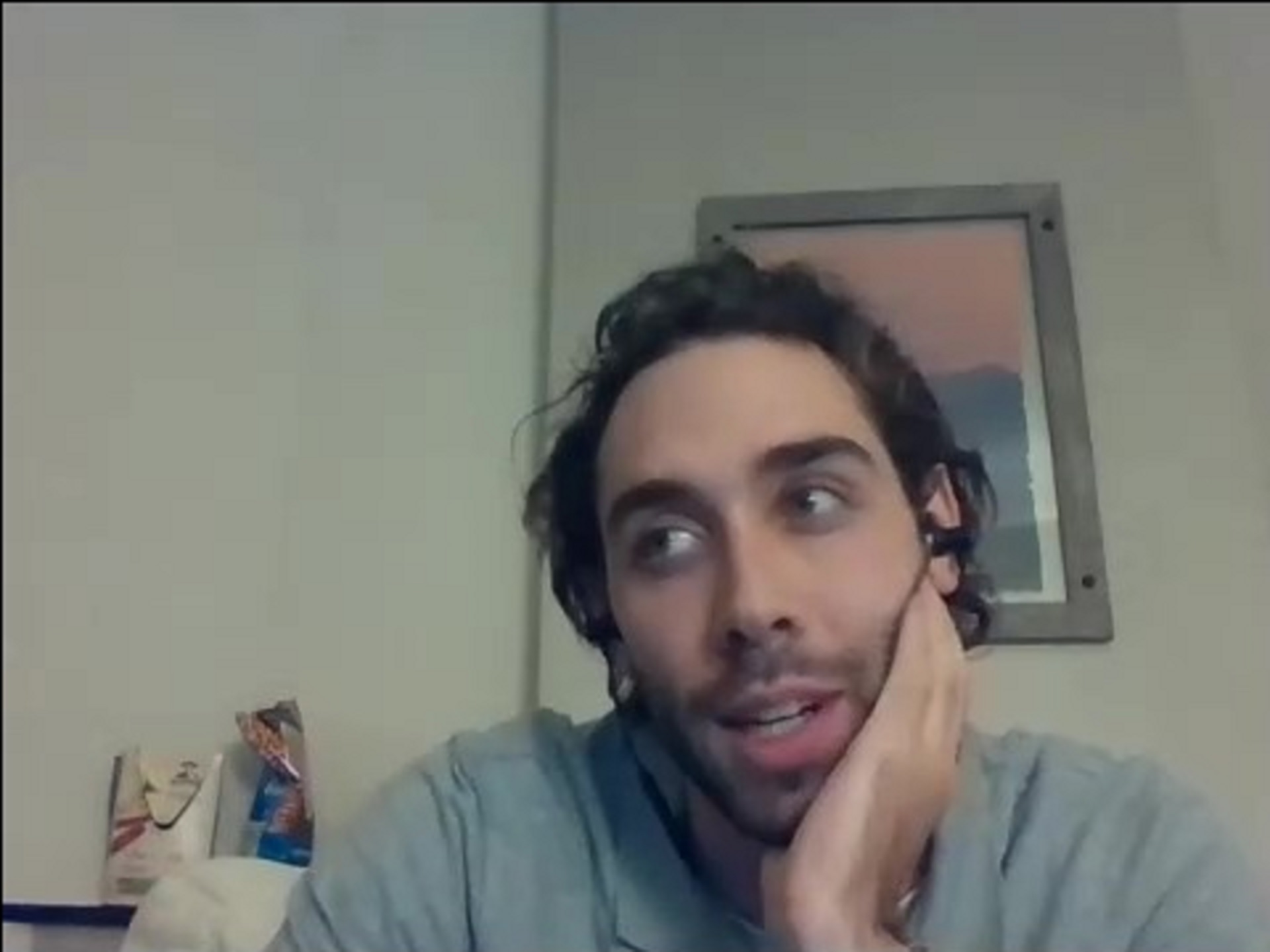
The people in our survey are a self-selected group. They’re already engaged with the issue.
But what they’re asking for is backed up by polling and modeling done at the Yale Program on Climate Change Communication within the Yale School of the Environment.
Their research shows 63 percent of Pennsylvanians are worried about global warming, 85 percent support funding research into renewable energy sources, and 76 percent support regulating CO2 as a pollutant.
National polling data from the program also shows that the share of people “alarmed” by climate change grew over the last five years, from 11 percent in 2015 to 26 percent today. Meanwhile the share of people “dismissive” of climate change has shrunk from 12 to 7 percent.
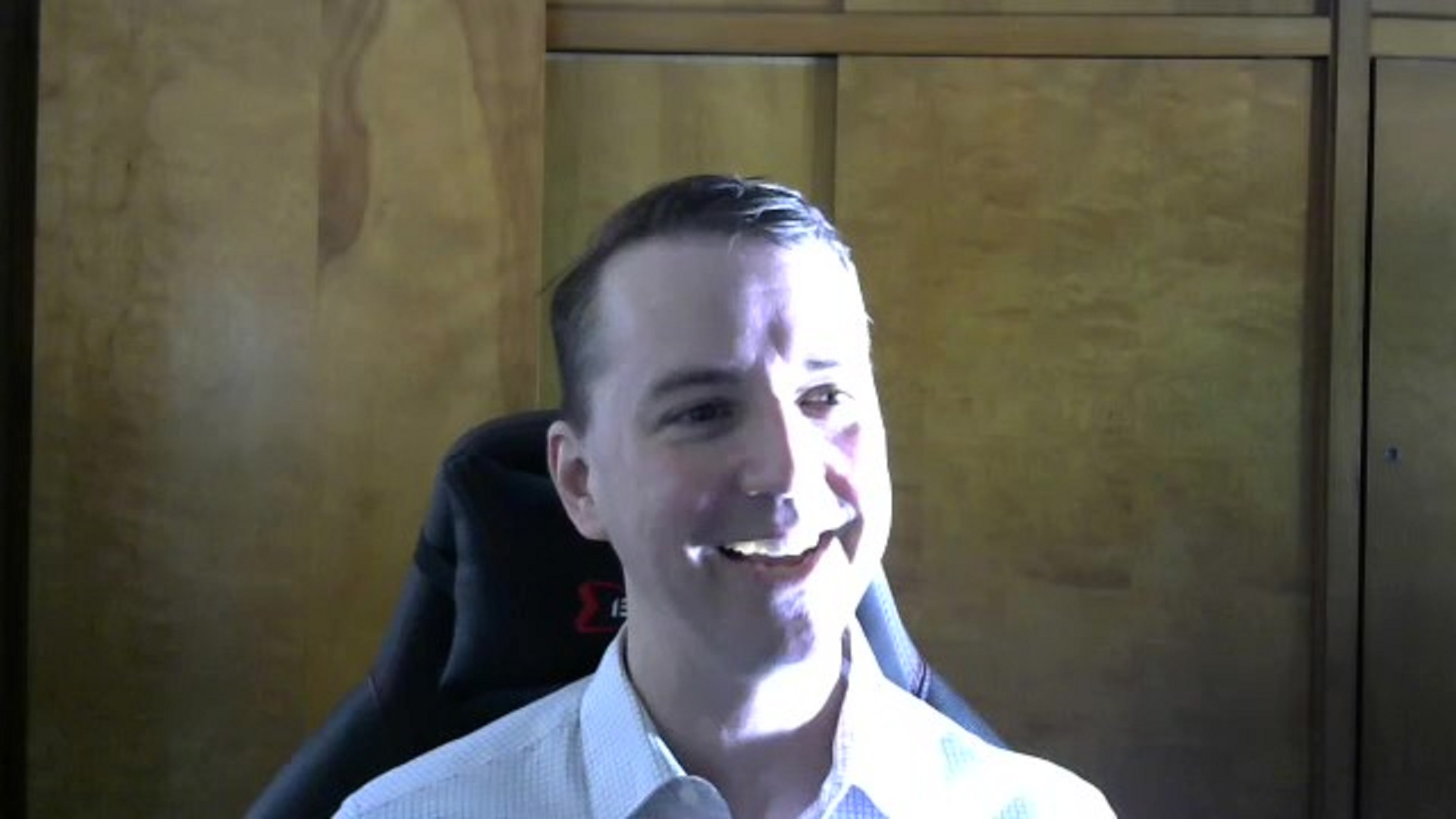
However, only about a third of people, both in Pennsylvania and nationally, say they discuss climate change at least occasionally.
Yale research scientist Jennifer Marlon said that disconnect between policy support and conversation could be due to a few reasons: a lack of attention from national leaders and the media, the abstract and far-off nature of the problem, and a feeling of helplessness to address it.
“Also, I think many people are afraid to talk about it because they think it’s going to lead to conflict. They don’t understand how much people like them are actually worried about it and interested in learning more,” Marlon said.
So far, growing climate alarm hasn’t translated to major legislative action in Pennsylvania or Congress.
Soon, voters will decide whether U.S. policy for the next four years will continue under the fossil fuel- friendly Trump Administration, or if a President Biden can deliver on his promise to transition to a clean energy economy.
Invest in quality science journalism by making a donation to Science Friday.
Rachel McDevitt is an energy reporter with StateImpact Pennsylvania in Harrisburg, Pennsylvania.
IRA FLATOW: And now it’s time to check in on the state of science.
SPEAKER 1: This is KERA News.
SPEAKER 2: For WWNO–
SPEAKER 3: St. Louis Public Radio News.
SPEAKER 4: Iowa Public Radio News.
IRA FLATOW: Local science stories of national significance. Like in all election seasons, Pennsylvania is an important swing state for a presidential candidate to court. And there’s one word that keeps circulating in conversations about Pennsylvania– fracking. During last week’s debate, President Donald Trump framed his opponent, Vice President Joe Biden, as an enemy to the fracking industry.
Biden does support fracking, but not on public lands. And his climate plan imagines a slow move away from fossil fuels, and to renewable energy. Trump framed his opponents climate change plan as something that will kill his chances in Pennsylvania. But let’s step back here. Is Pennsylvania really such a monolith when it comes to fracking support? And how do Pennsylvanians feel about climate change?
Joining me today to talk about this is Rachel McDevitt, energy reporter for StateImpact Pennsylvania, based in Harrisburg, Pennsylvania. Welcome to Science Friday.
RACHEL MCDEVITT: Thanks for having me.
IRA FLATOW: You recently spoke, I understand, to a lot of Pennsylvania voters about how they feel about climate change. Can you give me a little bit about the themes you heard from these voters?
RACHEL MCDEVITT: Right, so we put an online survey up on our website on StateImpact Pennsylvania, and about 200 people got back to us. About half of them said they want to see that move, that shift, to clean energy through investment, through mandates, through incentives to encourage it. And they emphasized a move away from fossil fuels.
And other popular topics included a carbon policy to either price carbon or limit carbon emissions, strict regulations on other types of pollution, and jobs programs to retrain fossil fuel workers, and encourage, again, that shift to clean energy.
IRA FLATOW: That’s interesting. Who would have thunk? What are we seeing in polling data, about how Pennsylvanians feel about climate change?
RACHEL MCDEVITT: So polls tell us that around 70% of Pennsylvanians accept climate change is happening, and they want their lawmakers to do more about it– that 70% figure. But there is a divide in opinion by party. I’m sure that’s no surprise. It’s much less important for Republican voters. A Franklin and Marshall College poll from last year– they do a lot of polling, specifically in Pennsylvania– they found only about 40% of Republicans think climate change is causing problems now, compared to 85% of Democrats.
IRA FLATOW: Is Pennsylvania such a monolith when it comes to fracking support, as Trump seems to believe?
RACHEL MCDEVITT: I don’t think Pennsylvania’s a monolith in really any issue. And fracking is probably no different. There was a recent CBS/YouGov poll that found 52% of registered voters in Pennsylvania oppose fracking. That’s similar to other polls. Franklin and Marshall College, in January this year, found 44% of voters in the state oppose shale gas drilling, and 48% support it. But they also found 48% support a ban on fracking.
I do think it’s important to point out that fracking can be kind of a charged word. So if you ask how people feel about fracking versus gas drilling, you could get some different results. But they’re pretty evenly divided on the issue it looks like.
IRA FLATOW: And this has been a fight that’s been going on for quite a while, hasn’t it?
RACHEL MCDEVITT: Yeah, I think fracking has been controversial since it started in the state. The boom really started about a decade ago. People who live near those sites, those well sites, have complained about health effects. Some people who leased their land to gas companies say they were cheated out of royalties. And just this year, our attorney general released a grand jury report that detailed numerous health and environmental complaints against the industry. But by and large, the state legislature has largely been supportive of the industry, and welcoming for it, in the state.
IRA FLATOW: There’s an interesting quote in your story that I’ve got to play. This is from voter Jacob Griffith-Rosenberger, who lives in the Pittsburgh area. He’s talking about how some say shifting to clean energy will mean huge job losses.
JACOB GRIFFITH-ROSENBERGER: And so a solution to that kind of scaremongering is saying, OK, sure, we’re going to lose jobs associated with coal and fracking and natural gas. But we’re going to gain all these jobs working on renewable energy.
IRA FLATOW: Is that something you hear as an energy reporter– that it’s not so much about the industry, but more about the number of jobs?
RACHEL MCDEVITT: Jobs are definitely a big talking point, especially in our state legislature, which is controlled by Republicans. We have a Democratic governor, but our lawmakers routinely make statements that doing good for the environment, or trying to fight climate change, is going to cost those energy jobs and hurt the economy. They make it a choice, which green energy advocates argue is a false one. And it’s important to point out that all total energy jobs in the Commonwealth make up less than 5% of Pennsylvania’s total workforce.
IRA FLATOW: That is very interesting. Let’s move on to renewable energy. Is it picking up steam in Pennsylvania, at all?
RACHEL MCDEVITT: It is a little bit. The state released a report this year that shows clean energy jobs are among the fastest growing in the state. They grew at over 8% between 2017 and 2019. They do use a broad term for clean energy. They include jobs in energy efficiency, like HVAC, heating/cooling, air conditioning systems. But that sector added almost 7,800 jobs between 2017 and 2019, to reach a total of around 100,000 jobs. But those numbers are for the pre-pandemic– before COVID-19 came, and there were lots of shutdowns. So it is likely that at least some of those jobs were lost.
IRA FLATOW: Very informative stuff. Rachel McDevitt, energy reporter for StateImpact Pennsylvania. She’s based in Harrisburg, Pennsylvania. I wanted to thank you for taking time to be with us today.
RACHEL MCDEVITT: Thank you for having me.
Copyright © 2020 Science Friday Initiative. All rights reserved. Science Friday transcripts are produced on a tight deadline by 3Play Media. Fidelity to the original aired/published audio or video file might vary, and text might be updated or amended in the future. For the authoritative record of Science Friday’s programming, please visit the original aired/published recording. For terms of use and more information, visit our policies pages at http://www.sciencefriday.com/about/policies/
Kathleen Davis is a producer and fill-in host at Science Friday, which means she spends her weeks researching, writing, editing, and sometimes talking into a microphone. She’s always eager to talk about freshwater lakes and Coney Island diners.
Ira Flatow is the founder and host of Science Friday. His green thumb has revived many an office plant at death’s door.